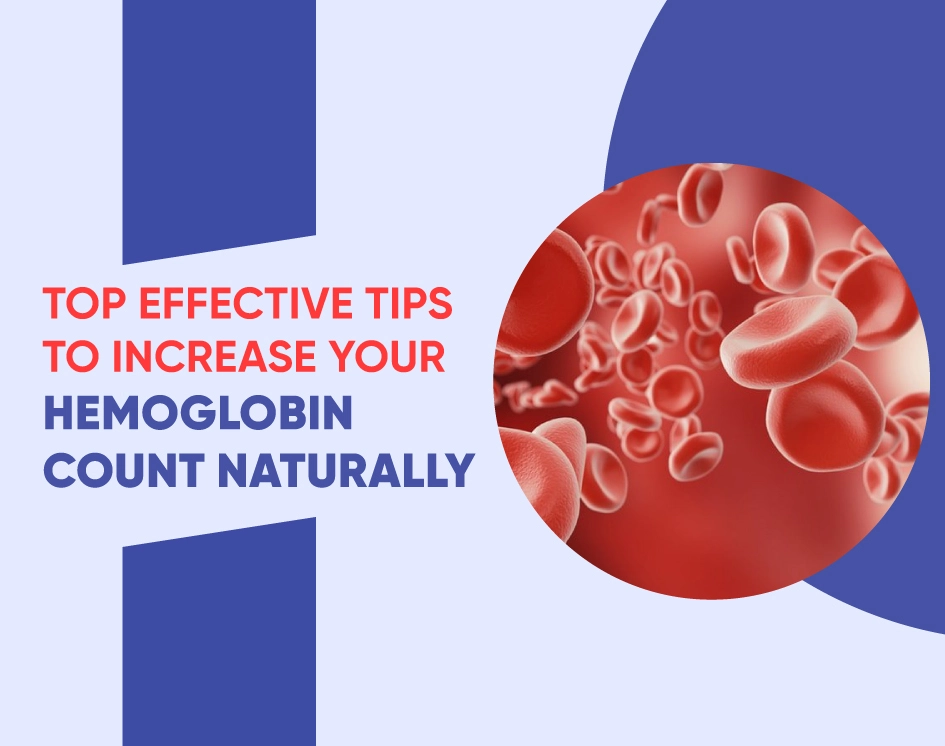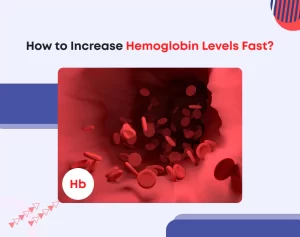
Top Effective Tips to Increase Your Hemoglobin Count Naturally
Hemoglobin is an essential protein found in red blood cells that carries oxygen throughout the body. Maintaining a healthy hemoglobin count is crucial for overall well-being and vitality. Low hemoglobin levels can lead to fatigue, weakness, and anemia. While medical treatments are available, there are also several natural ways to increase hemoglobin levels. In this article, we will explore the top effective tips to naturally boost your hemoglobin count, allowing you to optimize your health and energy levels.
1. Consume Iron-Rich Foods
Iron is a key nutrient for hemoglobin production, and including iron-rich foods in your diet is vital for increasing your hemoglobin count. Opt for foods such as lean meats, poultry, fish, legumes, leafy greens like spinach and kale, dried fruits like apricots and raisins, and fortified cereals. Combining these foods with a source of vitamin C, such as citrus fruits, enhances iron absorption. Additionally, cooking in cast-iron pots can enrich your food with small amounts of iron.
2. Increase Vitamin C Intake
Vitamin C plays a crucial role in enhancing iron absorption. Including foods rich in vitamin C, such as oranges, strawberries, bell peppers, kiwi, and broccoli, can significantly boost your hemoglobin levels. You can also consider taking vitamin C supplements after consulting with a healthcare professional.
3. Consume Folate-Rich Foods
Folate, or vitamin B9, is essential for the production of red blood cells. Including folate-rich foods in your diet can help increase hemoglobin levels. Excellent sources of folate include green leafy vegetables, asparagus, citrus fruits, legumes, and fortified cereals. However, if you have a folate deficiency, it is advisable to consult with a healthcare professional to determine if a folate supplement is necessary.
4. Include Vitamin B12 Sources
Vitamin B12 is crucial for maintaining healthy hemoglobin levels. Animal products like fish, meat, poultry, eggs, and dairy are excellent sources of vitamin B12. For individuals following a vegetarian or vegan diet, fortified breakfast cereals, nutritional yeast, and plant-based milk alternatives fortified with vitamin B12 can be beneficial. If you have a vitamin B12 deficiency or follow a strict plant-based diet, a supplement may be necessary under medical supervision.
5. Embrace Iron Supplementation
In cases of severe iron deficiency or when dietary changes are insufficient, iron supplementation may be recommended by a healthcare professional. It is essential to consult with a doctor before starting any iron supplements, as excessive iron levels can be harmful. Your doctor will guide you on the appropriate dosage and duration of supplementation.
6. Engage in Regular Exercise
Regular exercise helps stimulate red blood cell production, thereby increasing hemoglobin levels. Activities like brisk walking, jogging, cycling, or swimming for at least 30 minutes a day can have a positive impact. However, it is crucial to start gradually and listen to your body’s needs to avoid overexertion.
Conclusion
Maintaining a healthy hemoglobin count is vital for overall well-being and vitality. By incorporating these effective tips into your lifestyle, you can naturally boost your hemoglobin levels and optimize your health. Remember to focus on a balanced diet rich in iron, vitamin C, folate, and vitamin B12. Additionally, consider regular exercise to stimulate red blood cell production.
While these tips can be helpful, it is essential to consult with a healthcare professional, particularly if you have a pre-existing medical condition or are on medication. They can provide personalized guidance and monitor your progress to ensure your hemoglobin levels improve safely and effectively. By taking a proactive approach to your health, you can increase your hemoglobin count naturally and experience improved energy levels and overall well-being.






